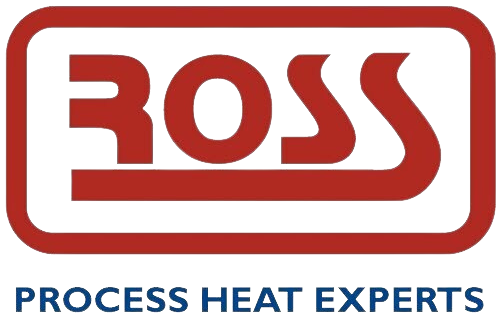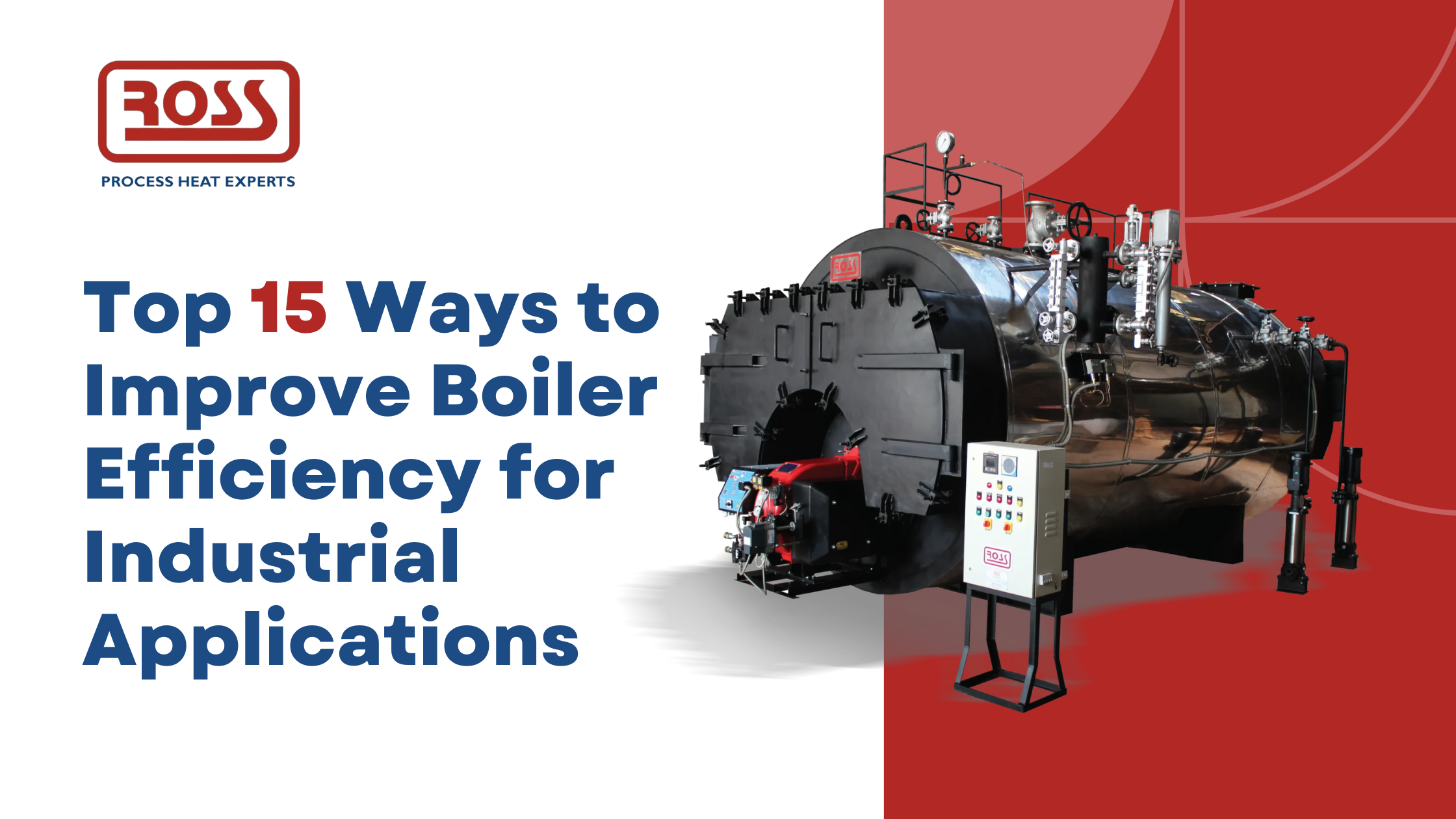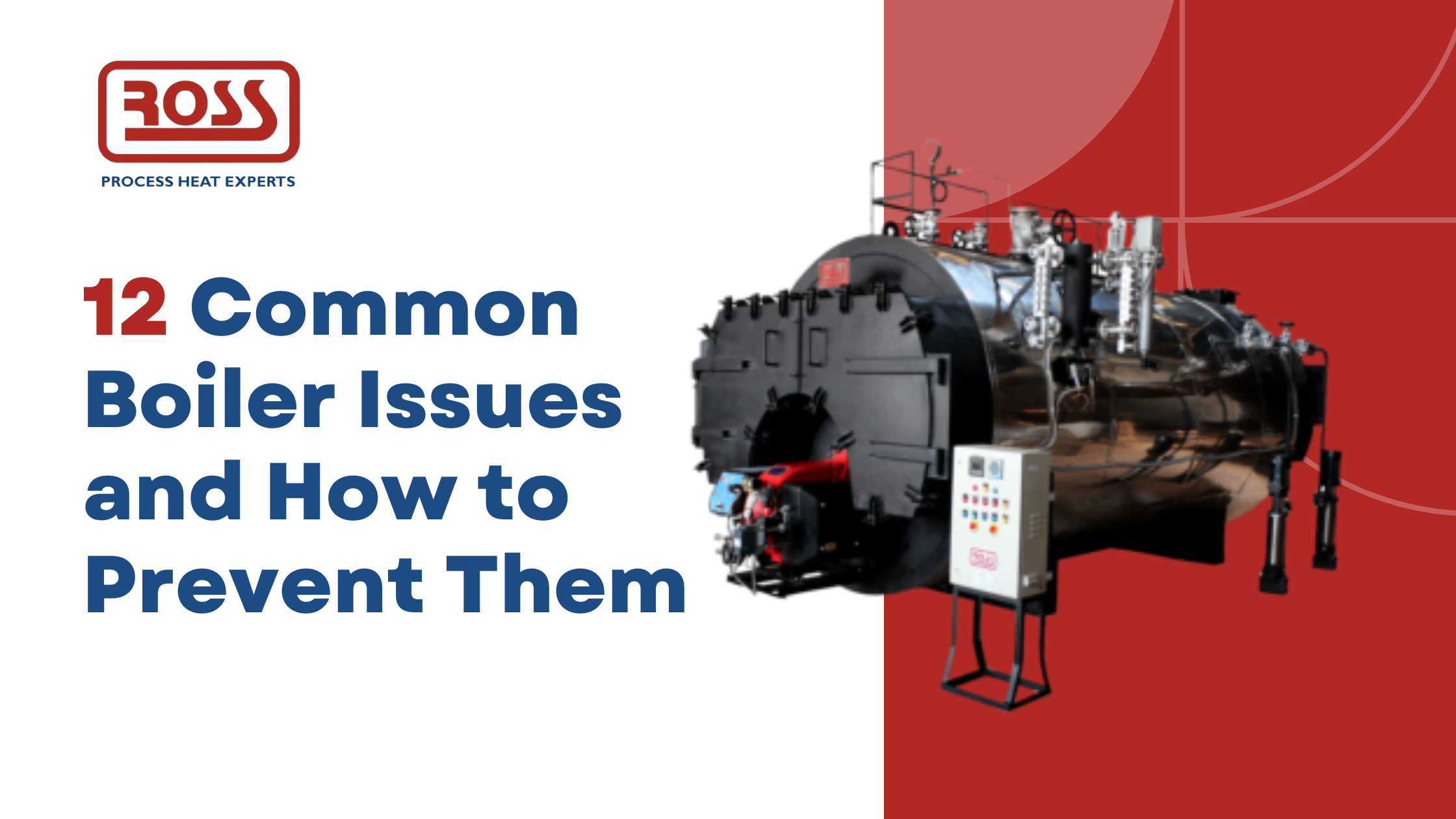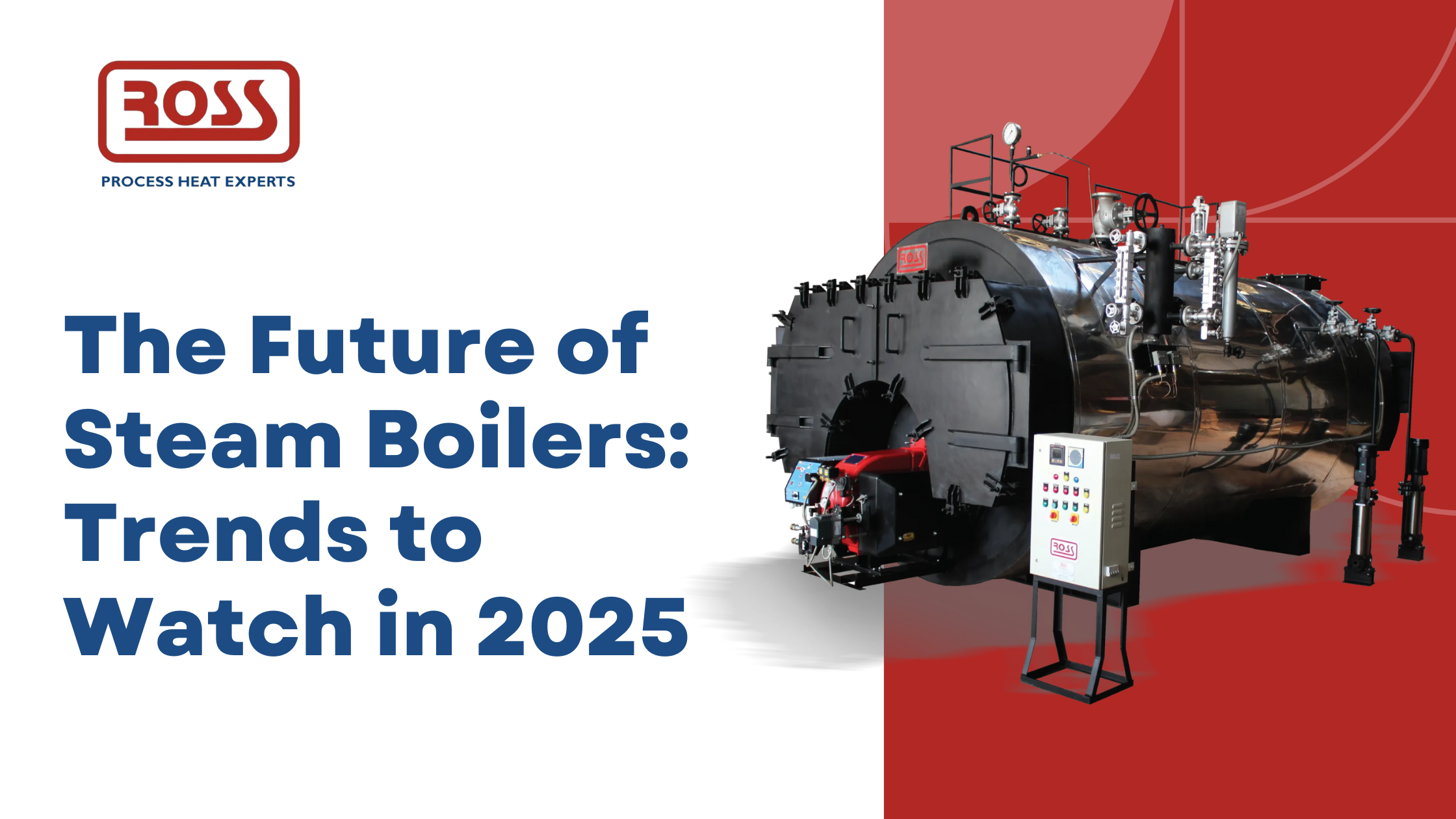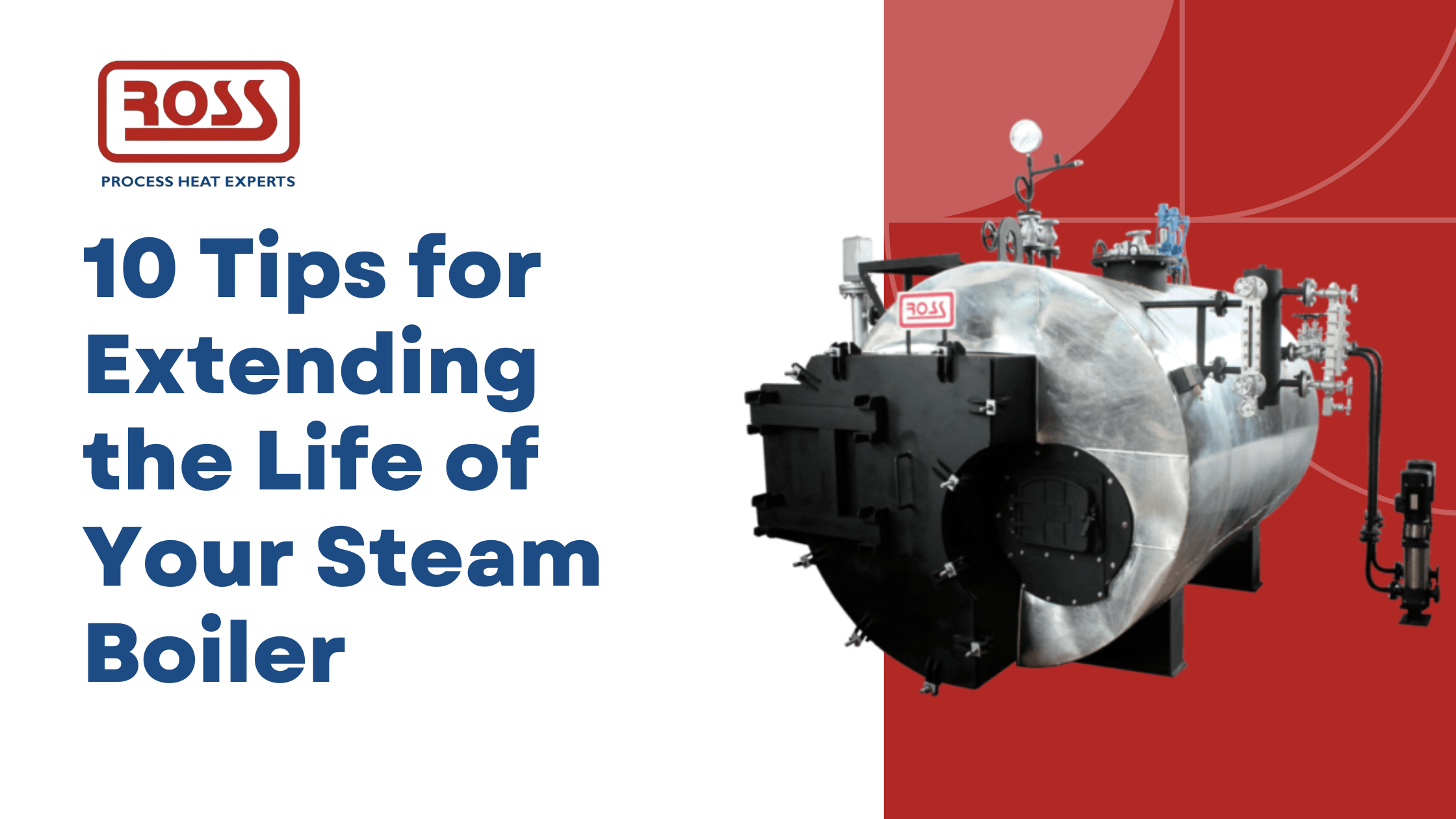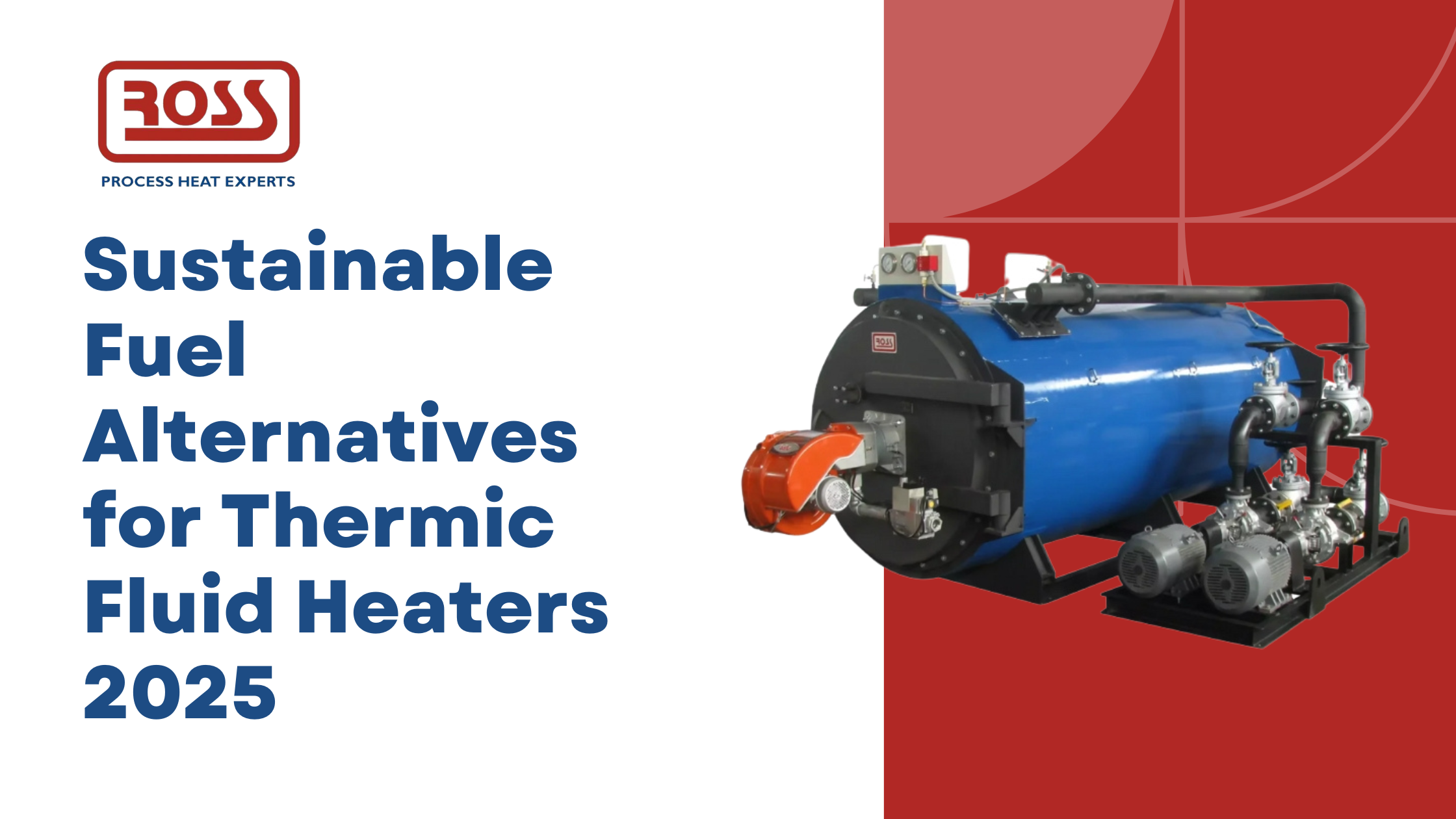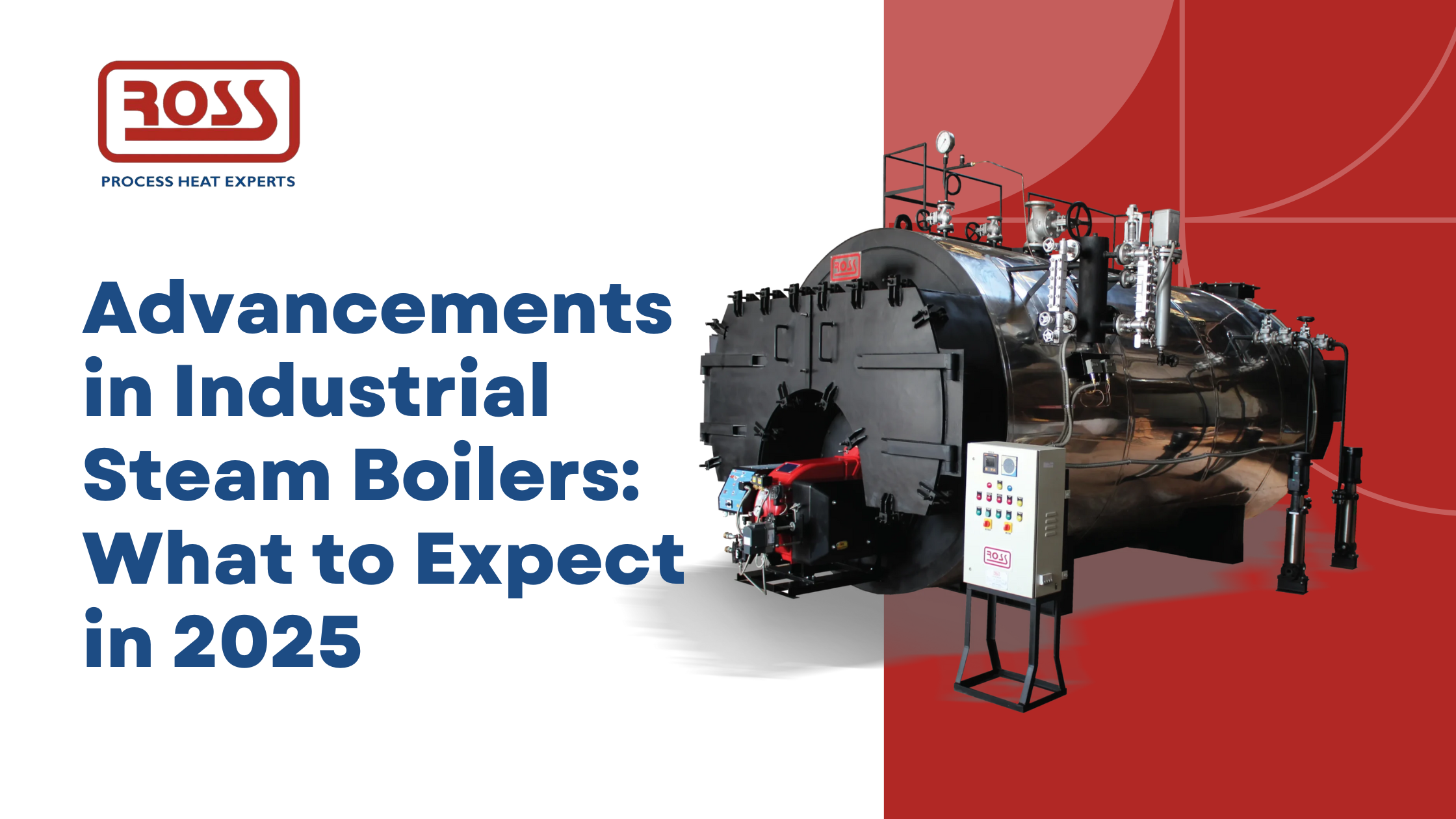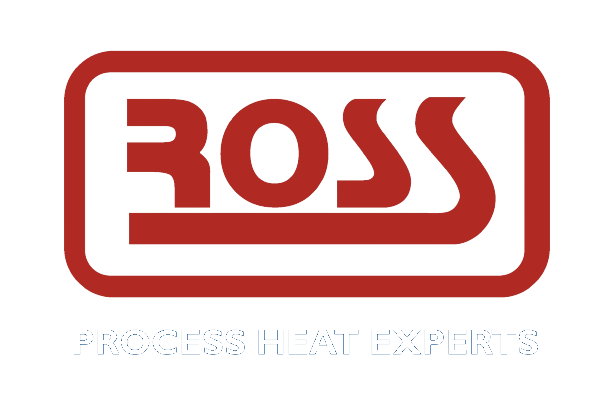Thermic fluid heaters serve as crucial assets in various industries, providing efficient and reliable heat transfer solutions. From the moment of installation to their eventual retirement, these heaters undergo a comprehensive lifecycle that requires careful consideration and maintenance. In this blog post, we will explore the stages of a thermic fluid heater’s lifecycle, highlighting key considerations at each step. By understanding this lifecycle, you can effectively manage your heater, maximize its performance, and ensure a smooth transition when it comes time for retirement.
What is the lifetime expectancy of a thermic fluid heater?
Installation and Commissioning: The first stage of a thermic fluid heater’s lifecycle is the installation and commissioning process. This critical phase sets the foundation for the heater’s long-term performance. Ensure that the installation is carried out by qualified professionals, following manufacturer guidelines and compliance with local regulations. Proper alignment, electrical connections, and calibration of controls are essential to prevent safety hazards and ensure optimal functionality.
Operation and Maintenance: After installation, the heater moves into the operation and maintenance phase. Regular inspection and preventive maintenance are the key to achieving smooth and efficient operation. Develop a comprehensive maintenance schedule, including routine checks, cleaning of heat exchangers, lubrication of mechanical components, and calibration of temperature controls. Proper fluid analysis and timely replacements of filter elements will help maintain the heater’s performance and prolong its lifespan.
Performance Monitoring and Optimization: Throughout the lifespan of a thermic fluid heater, it is vital to monitor its performance and optimize its efficiency. Regularly assess parameters such as temperature differentials, fuel consumption, and heat transfer efficiency. Use data logging systems to track trends and identify potential issues before they escalate. Implement necessary adjustments, such as tweaking burner settings, cleaning heat exchanger tubes, and ensuring proper fluid circulation. Continual performance optimization will contribute to enhanced productivity and cost savings.
Retrofitting and Upgrades: As technology advances, retrofitting and upgrades become viable options for improving the efficiency and functionality of aging thermic fluid heaters. Retrofitting involves replacing obsolete components with modern alternatives, while upgrades may introduce enhanced controls, improved burners, or more efficient heat exchangers. Consult with experienced engineers and equipment suppliers to identify opportunities for retrofitting and upgrades, ensuring compatibility with existing systems and compliance with safety standards.
Retirement and Disposal: Eventually, every thermic fluid heater reaches the end of its useful life. When retiring a heater, it is essential to comply with environmental regulations for its proper disposal. Consult local authorities or waste management agencies for guidance on safe disposal practices. Consider engaging certified professionals for dismantling and removal to ensure the process is carried out safely and responsibly.
Conclusion:
Understanding the lifecycle of a thermic fluid heater is crucial for optimizing its performance, minimizing downtime, and maximizing return on investment. From installation to retirement, each stage requires careful attention and adherence to best practices. By following proper installation procedures, implementing regular maintenance routines, monitoring and optimizing performance, and considering retrofitting or upgrades, operators can extend the lifespan of their equipment and ensure the safe retirement and disposal of the heater when the time comes. Embrace the full potential of your thermic fluid heater by managing its lifecycle effectively.
Remember to consult with experts and professionals at Ross Boilers to tailor these steps to your specific system and industry requirements. Embrace the potential of an optimized thermic fluid heater, and unlock the benefits of improved efficiency and productivity in your operations.
Ross is the top Thermic Fluid heater manufacturer in over 50+ Countries. Our experts at Ross Boilers can help you find the perfect product for your application and business.
Contact Us to get a quote.
